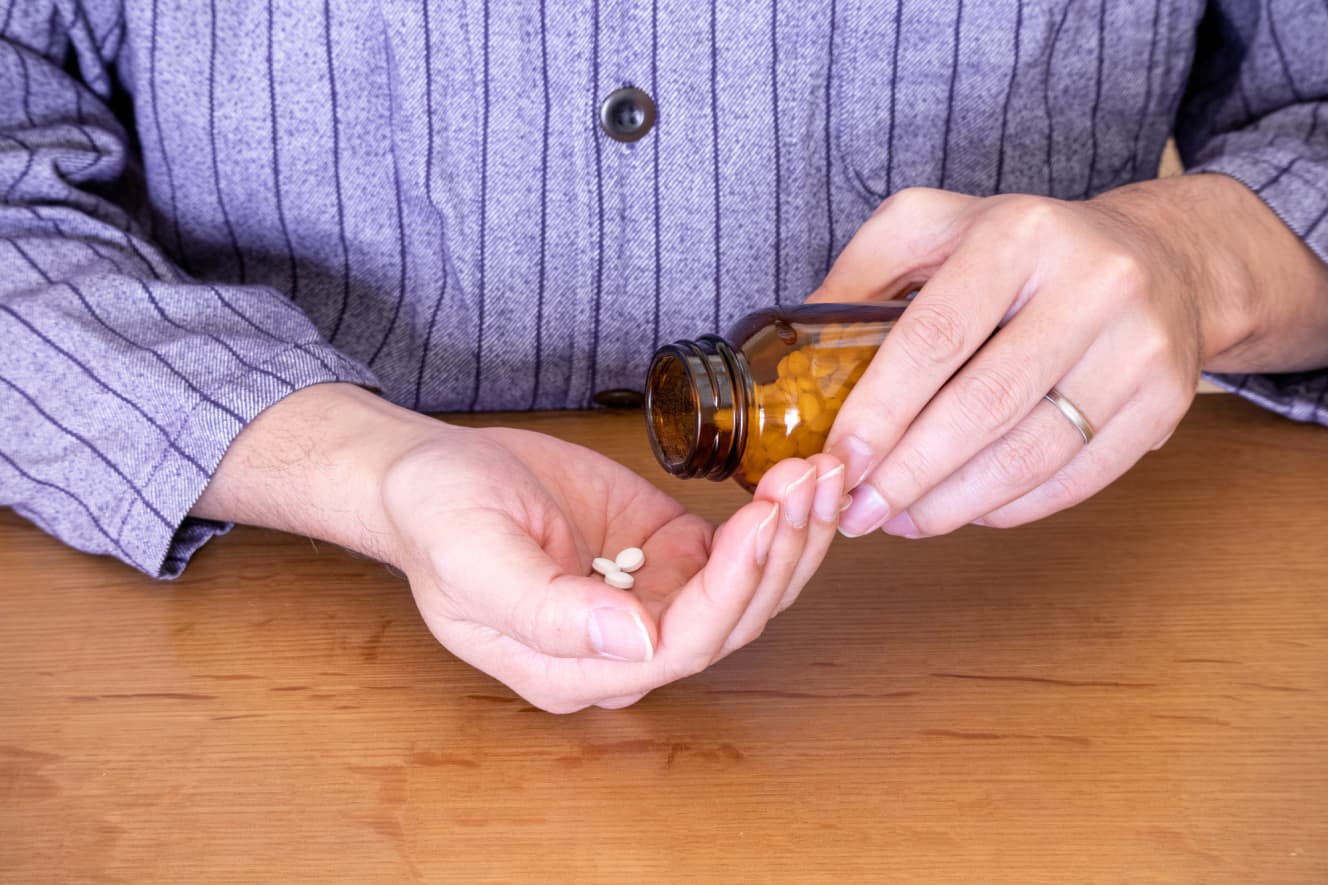Mercury Level 40000 Times the Limit Causes Death from Weight Loss Drug Pharmacist Warns of the Dangers of Buying Medicine Online
A shocking report revealed that the North Korean-made “Angong Niuhuang Wan” contained mercury at about 40,000 times the standard limit.
This alarming news highlights that the product, “Angong Niuhuang Wan,” is distributed through Chinese e-commerce sites and Southeast Asian pharmacies—and there is concern that it may also be circulating in Japan through personal import or flea market apps.
With the rise of the internet, personal importation has become incredibly easy, and the number of users continues to grow each year. In addition to Angong Niuhuang Wan, many other medications are being purchased this way.
However, behind this convenience lurks life-threatening risks: unknown ingredients, overdoses, the inclusion of toxic substances, and counterfeit drugs.
“I’ll be fine.” Many people tend to think that way—but when it comes to drugs that promise to fulfill personal desires like “I want to lose weight” or “I want to reduce swelling,” people can become blind to the risks and make poor decisions.
A woman in her 20s dies after taking a weight-loss drug popular on social media
On October 9, 2009, Japan’s Ministry of Health, Labour and Welfare disclosed that a woman in her mid-40s had died in 2008 after taking a weight-loss drug imported from Thailand known as “Hospital Diet.”
She was taken to the hospital eight days after starting the drug, suffering from breathing difficulties and impaired consciousness, and never recovered. The cause of death was determined to be arrhythmia or respiratory paralysis due to pseudo-Bartter syndrome. It was suspected that the combination of the weight-loss drug with furosemide, which she had been taking previously, worsened her condition.
There has also been a fatal case involving the Thai-made weight-loss drug known as “MD Clinic Diet,” which had gained attention on social media. On July 7, 2011, the Tokyo Metropolitan Government announced that pharmaceutical ingredients had been detected in “MD Clinic Diet.” This came after a doctor reported the death of a woman in her 20s who had been taking the product as a case of health damage.

Poisoning symptoms caused by ivermectin
Believing misinformation spread on social media claiming that ivermectin was effective against COVID-19, a man in his 20s imported the antiparasitic drug for personal use and took it as a preventive measure. After taking it, he developed poisoning symptoms such as tinnitus and nerve pain, and was hospitalized. In Japan, ivermectin is a prescription-only drug classified as a powerful medicine—not something lay people should be using for prevention.
On June 29, 2021, a man in his 40s living in Saitama Prefecture was diagnosed with lead poisoning after taking an unapproved and unauthorized supplement called “Penisole,” which he had personally imported from Singapore. A medical institution reported the case to the prefectural health office, prompting a public warning from Saitama authorities.
An investigation by the Saitama Institute of Public Health found that each capsule contained 12 mg of lead. The ingredient list only included natural substances such as ashwagandha and henbane, so the user had no idea they were ingesting a toxic heavy metal.
On December 13, 2023, the National Consumer Affairs Center of Japan reported a case involving a woman in her 70s living in the Kanto region who used a product called “Tenshikō” purchased online. She applied the cream to her right cheek once and immediately experienced severe pain, followed by the formation of a black scab and ulcers.
Others have experienced tissue necrosis requiring ongoing dermatological treatment. What was meant to be a skin-whitening treatment instead resulted in irreversible facial burns and serious harm.
Drugs obtained through personal import are highly unreliable. The listed ingredients may not be accurate—some may contain entirely different substances or even dangerous components in lethal amounts. Taking such drugs without medical consultation increases the risk of severe health damage due to unaccounted factors like individual health conditions or drug interactions.
Today, anyone can easily buy foreign medicines and supplements with just a smartphone. But behind this convenience lie serious risks: unknown manufacturers, undisclosed ingredients, and a lack of accountability. If health damage occurs from imported drugs, no one will take responsibility.
Japan has a system—the Relief System for Adverse Drug Reactions—that compensates for medical expenses and living support if serious side effects occur from properly prescribed and used medications. However, personal imports are not covered.
If you suffer side effects or health damage from a drug you personally imported, the government will not cover your treatment costs or losses. Everything—medical bills, aftereffects, life disruptions—falls on you alone. Drawn in by low prices and ignoring the risks, people may end up paying far more in the long run due to permanent disability or lasting health consequences.
Taking a drug based on the vague impression that it might work, without knowing what it will actually do to your body, is incredibly dangerous. What you believed to be a miracle cure might, in fact, be poison. If you’re reading this now, don’t make that mistake.
